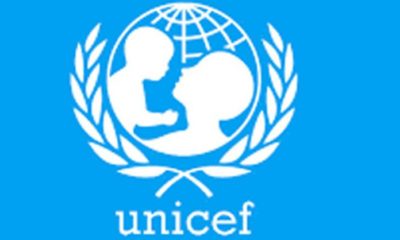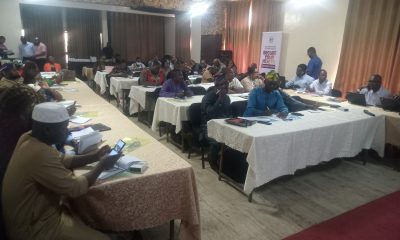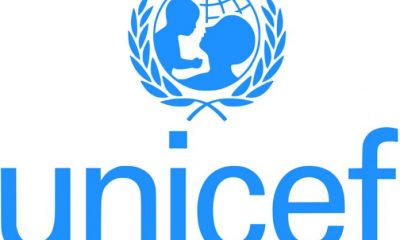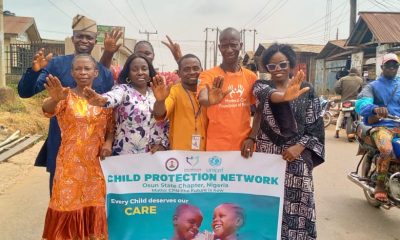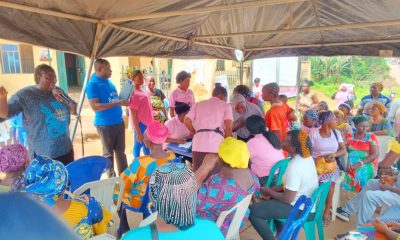News
UNICEF Strengthens Effort To Combat Cervical Cancer In Nigeria
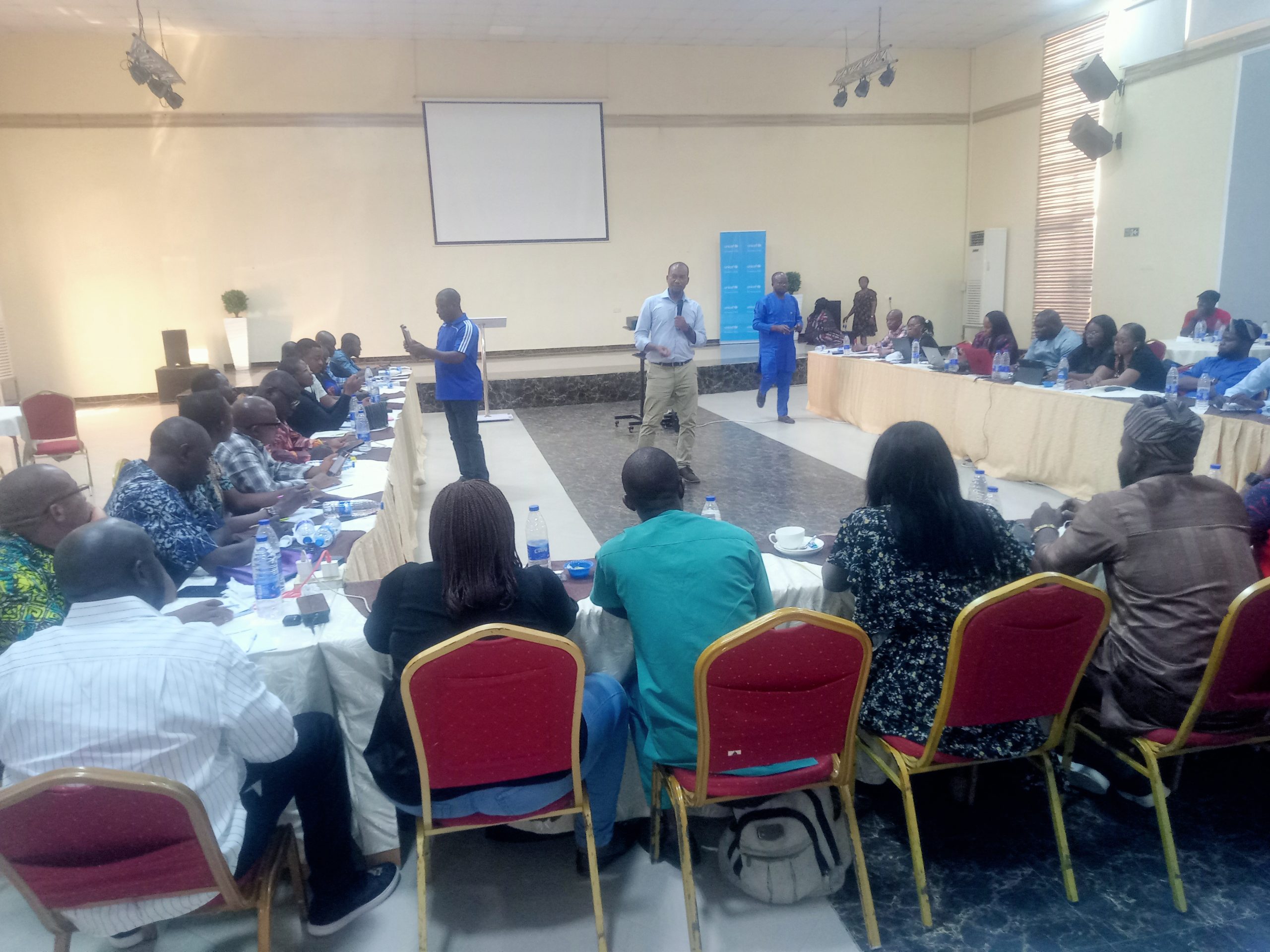
-Dispels Misconceptions Around HPV Vaccination
-Says Acceptability Of HPV Vaccine Will Bring About Its Eradication
By Ayobami Agboola, Osogbo
The United Nations Children’s Fund has strengthened its effort in combating prevalence of cervical cancer in Nigeria among girls and women, saying the acceptability of Human Papillomavirus (HPV) vaccine by citizens would bring about eradication or reduction of the cases of the disease.
UNICEF cleared the air about misinformation, rumours, misconceptions and myths surrounding HPV vaccination of girls across the ages of 9 to 14, saying the vaccine remains the surest means of preventing cervical cancer among girls and women.
The international body made this known during a two-day media dialogue workshop held in Lagos State themed: “Combating the most preventable form of deadly cancer affecting women and girls (HPV) Through Vaccination.”
Speaking on the “Update on HPV Vaccine Introduction Plan,” a Health Specialist with UNICEF, Dr. Ijeoma Agbo, disclosed that the HPV vaccine campaign is for girls aged 9 to 14, disclosing that the vaccine would assist the targeted girls do not get infected with cervical cancer.
According to Agbo, an estimate of 604,000 new cases with 342,000 deaths occurred globally in 2020, while 12,075 cases and 7,968 deaths were recorded in Nigeria.
Agbo said, the idea was to get them vaccinated, protected before being sexually active.
She stressed the need for aggressive advocacy in the vaccination of girls against HPV in order to battle and reduce the risk of cervical cancer.
While harping on the need for communities as well as religious institutions to key into the drive, UNICEF Health Specialist described the prioritisation of HPV vaccination as a crucial public health intervention.
She maintained that the HPV vaccine is an effective and safe means to protect girls from developing cervical cancer later in life.
Agbo noted that the vaccine protects against HPV types 16 and 18 and provides cross-protection for types 31, 33, and 35, including the serotypes causing anogenital warts.
She said, “HPV can also cause a range of conditions in men and women, including other types of anogenital cancer (vagina, vulva, anus, penis), head and neck cancers, and genital warts.
“It accounts for 29.5% of infection-related cancers globally and greater than half of all reported infection-attributable cancers in women.
“Cervical cancer is the fourth most common cancer in women globally and the second most common cancer affecting women in Nigeria.
“This high burden of cervical cancer is attributed to several factors, including poor access to HPV vaccination services, poor screening and treatment services, low awareness, and inadequate access to healthcare, especially in rural areas.”
She further debunked misinformation that the HPV vaccine sterilizes girls and neither is it meant to depopulate the population of Nigerians.
Speaking, the Immunisation Programme Coordinator, Lagos State Primary Health Care Board (PHCB), Dr. Adetola Akinpelu, who reeled out the efforts of the state government in the vaccine coverage in the state, stressed that the target was to vaccinate at least 80 percent of girls aged between 9 and 14 years by December 2024.
Also clearing the air that the vaccine is not harmful to those who receive it, Akinpelu said, “Our targets are to achieve routine HPV coverage of at least 69 percent for girls aged 9 years by December 2025; achieve a minimum of a 4 percent annual increase in routine HPV coverage by December 2026; disseminate information on primary, secondary, and tertiary preventive measures across the LGAs.”
According to the Communication Officer, UNICEF, Blessing Ejiofor, efforts must be geared towards increased awareness, particularly at the grassroots, to promote the benefits of HPV vaccination and dispel myths and misconceptions surrounding it.
Ejiofor charged participating journalists to become active advocates by using their various platforms to pass the right information and draw the attention of everyone to the issue in order to achieve adequate coverage and make the nation cervical cancer free.
-

 News3 days ago
News3 days agoOsun Communal crisis: Slain NSCDC operative Buried Amid Tears [Photos]
-

 News5 days ago
News5 days agoKings Worshipping Idols Are Herbalists-Oluwo
-

 News4 days ago
News4 days agoFIDA Calls For Prosecution Of Medical Doctor Accused Of Raping Teenage Admission-seeker In Osun
-

 News3 days ago
News3 days agoNSCDC Officer Killed, Palace Burnt, Others Injured As Communal Clash Erupts In Osun Communities



